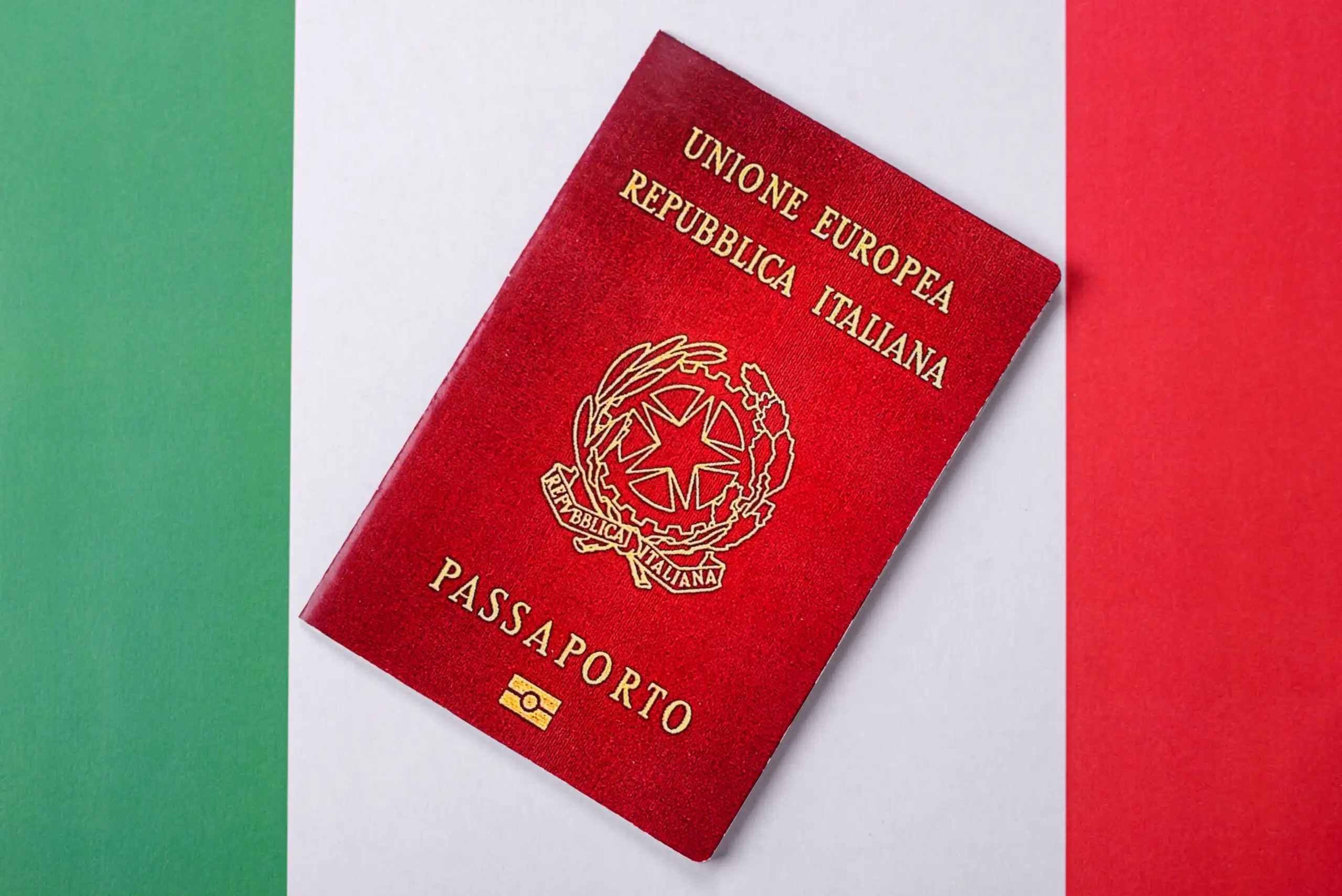Italy has officially approved a new citizenship law that drastically changes the rules for jure sanguinis (citizenship by descent).
The reform, started with Decree Law n. 36/2025, converted May 24 to Law 74/2025 narrows access to Italian citizenship for descendants of Italian emigrants.
Here are the rules for Italian citizenship by descent in 2025: who qualifies?
Major Change: Citizenship Now Passes Only to Children or Grandchildren
Under the new law, only individuals with an Italian parent or grandparent born in Italy can automatically acquire citizenship by descent. If your closest Italian-born ancestor is a great-grandparent or earlier, you are no longer eligible—even retroactively. This reform impacts thousands of people worldwide, particularly in countries with large Italian diaspora communities like the United States, Brazil, Argentina, Canada, and Australia.
Retroactive Effect: What Does It Mean?
The new law applies retroactively. This means:
You never acquired Italian citizenship if:
- You were born abroad,
- You held (or still hold) another citizenship at birth,
- And you are descended from an Italian ancestor beyond your grandparent.
Unless a specific exception applies (see below), even those who applied under the previous rules may now lose their eligibility.
Who Is Still Eligible for Italian Citizenship by Descent?
You may still qualify if:
- You have an Italian parent or grandparent born in Italy.
- That parent or grandparent held only Italian citizenship (or held it at the time of their death).
- Your Italian parent was legally resident in Italy for at least 2 consecutive years before your birth.
- You filed a citizenship application or judicial claim before March 27, 2025.
Important: Dual nationals born abroad to Italian ancestors may not be considered Italian citizens anymore unless one of these exceptions applies.
Citizenship for Minors and Adopted Children
A minor child (or adopted child) born abroad to at least one Italian parent may still acquire citizenship if:
- A parent or legal guardian declares their intent to apply,
- The child resides in Italy legally and continuously for 2 years, or
- The declaration is filed within 1 year of birth or adoption.
Once the child reaches adulthood, they may renounce Italian citizenship if they also hold another.
Subordinate Employment and Immigration Access for Descendants
One notable update outside of citizenship rules concerns immigration for work purposes. Under the new legislation:
- Foreign nationals residing abroad, who are descendants of Italian citizens and are citizens of countries with significant Italian emigration, are now allowed to enter and stay in Italy for subordinate employment outside of the regular immigration quotas (i.e., no quota limits apply).
This opens a pathway for eligible descendants who wish to live and work in Italy, even if they no longer qualify for citizenship by descent.
Faster Path to Citizenship for Certain Descendants
Another positive change: The period of legal residence required in Italy to acquire citizenship has been reduced from 3 years to 2 years for:
- Foreigners whose parent or second-degree direct ancestor (e.g., grandparent) was an Italian citizen by birth.
This means that even if you no longer qualify automatically through jure sanguinis, you may still become Italian by naturalization, after two years of residence in Italy—if you meet the lineage requirement.





